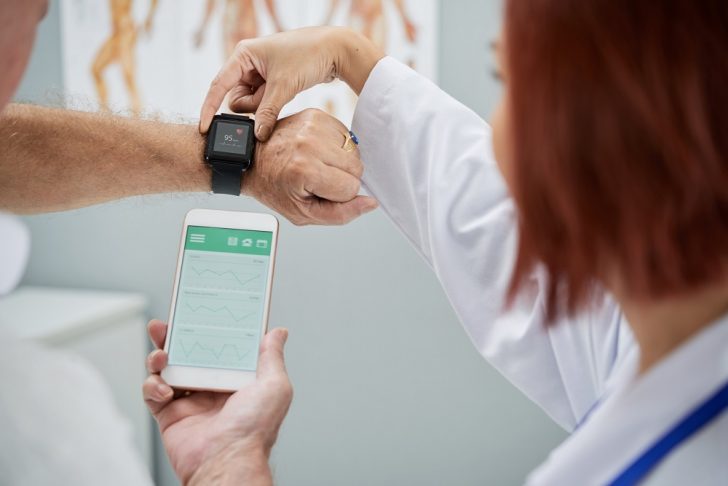In recent years, wearable technologies have transformed the health research landscape, offering unprecedented opportunities for monitoring and understanding various aspects of human health and well-being.
These devices, from fitness trackers to smartwatches and medical-grade sensors, have revolutionized how researchers collect data, conduct studies, and improve healthcare outcomes. This article delves into the multifaceted world of wearable technologies and their profound impact on health research.
The Rise of Wearable Technologies
The concept of wearables has been around for decades, but it wasn't until the 21st century that they gained widespread popularity and acceptance. The integration of advanced sensors, improved battery life, and seamless connectivity have made wearable devices accessible and versatile.
These devices have evolved from basic pedometers to sophisticated health monitoring tools capable of tracking various physiological parameters.

iStock/ Pexels | Wearable technologies are expected to reduce 16% of hospital costs by 2027
Monitoring Physical Activity and Fitness
One of the primary uses of wearable technologies in health research is monitoring physical activity and fitness levels. Fitness trackers and smartwatches equipped with accelerometers and heart rate monitors can collect valuable data on steps taken, distance covered, calories burned, and even sleep patterns.
Researchers can analyze this data to gain insights into an individual's activity level, sedentary behavior, and overall fitness, which can inform interventions and strategies for promoting a healthier lifestyle.
Chronic Disease Management
Wearable devices have also proven invaluable tools for managing chronic diseases such as diabetes, hypertension, and heart disease. Continuous glucose monitoring systems, for example, enable individuals with diabetes to track their blood sugar levels in real-time, providing valuable information for disease management.
Similarly, wearable ECG monitors can detect irregular heart rhythms and alert users and healthcare providers, potentially preventing life-threatening cardiac events.
Mental Health and Stress Management
Mental health is an area where wearable technologies are making significant inroads. Devices equipped with sensors for measuring heart rate variability and skin conductance can provide insights into an individual's stress levels and emotional well-being. Researchers use this data to develop innovative interventions and therapies for managing anxiety, depression, and post-traumatic stress disorder.

Anna Shvets/ Pexels | Telemedicine makes up nearly one-fourth of the health IT market
Remote Patient Monitoring
One of the most promising applications of wearable technologies in health research is remote patient monitoring. By equipping patients with wearable devices, healthcare providers can monitor their vital signs and health status from a distance, reducing the need for frequent in-person visits.
This is especially valuable for individuals with chronic illnesses or those recovering from surgery, as it allows for early detection of complications and timely interventions.
Big Data and Machine Learning
The vast amount of data generated by wearable devices has ushered in the era of big data in health research. Researchers can now collect and analyze massive datasets to identify patterns, correlations, and predictive factors related to various health conditions.
Machine learning algorithms are being developed to process this data and provide personalized health recommendations, early disease detection, and drug discovery.

EVG Kowalievska/ Pexels | Researchers, healthcare providers, and policymakers must work collaboratively to harness the potential of wearables
Clinical Trials and Research Studies
Wearable technologies are also pivotal in clinical trials and research studies. By remotely monitoring participants' health and collecting objective data, researchers can enhance the accuracy and reliability of their findings. Wearables have been used to assess the impact of new medications, track disease progression, and measure treatment efficacy, leading to more robust and evidence-based healthcare interventions.
Challenges and Ethical Considerations
While the potential of wearable technologies in health research is vast, challenges and ethical considerations need to be addressed. Data privacy and security are paramount, as the sensitive health information collected by these devices must be safeguarded against unauthorized access.
Additionally, there is a need for standardized protocols and guidelines for data collection, analysis, and reporting to ensure the validity and reproducibility of research findings.




